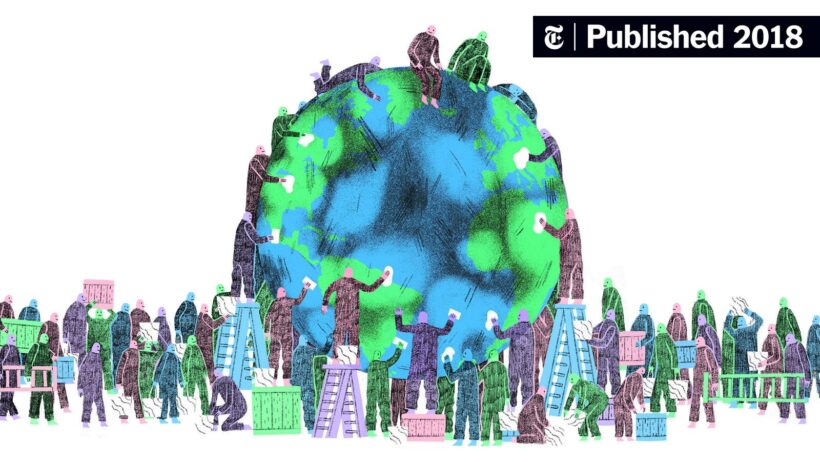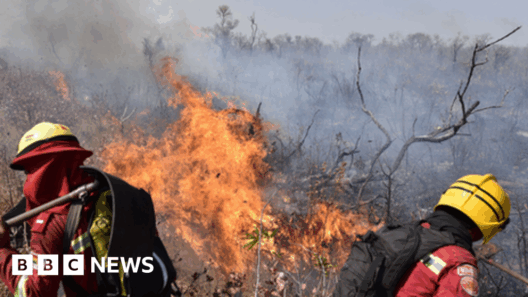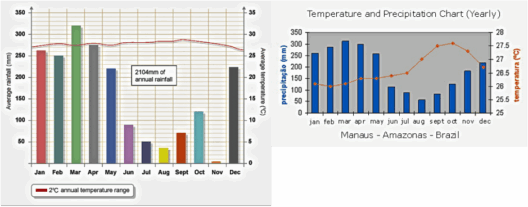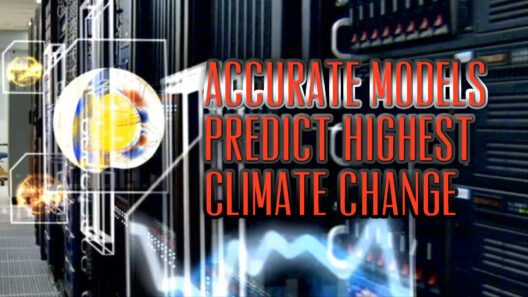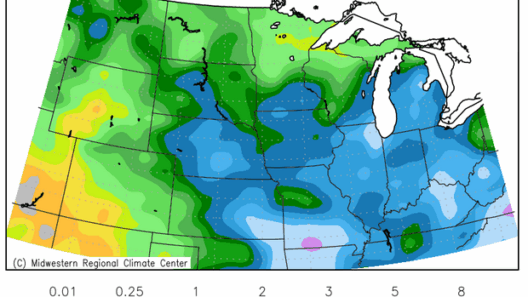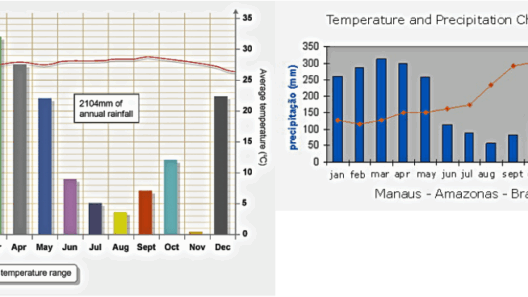Climate change stands as one of the most pressing challenges of our time, transcending national borders and affecting every aspect of our existence. The question is not simply why we should act against it, but rather why delaying action is an invitation to catastrophe. There are innumerable reasons to prioritize climate action, from preserving biodiversity to ensuring human health and securing economic stability. Addressing climate change is essential, lest we find ourselves living in a world fundamentally altered by our inaction.
At the heart of the climate crisis is the relentless increase in greenhouse gas emissions, primarily due to the combustion of fossil fuels. This has led to an atmospheric composition that is no longer stable, propelling global temperatures to unprecedented levels. Each increment of warming exacerbates existing environmental issues, such as rising sea levels, erratic weather patterns, and intensified natural disasters. These changes are not merely theoretical; they are observable phenomena that jeopardize the ecological balance on Earth.
The phenomenon of climate change profoundly threatens biodiversity. As temperatures rise, many species struggle to adapt to rapidly shifting environments. Habitats that once flourished are now in decline, leading to a cascade of extinctions. The intricate web of life that sustains ecosystems is at risk. Without biodiversity, food security is compromised, creating vulnerabilities in our agricultural systems. The loss of species can disrupt pollination, nutrient cycling, and soil formation. Each species, no matter how seemingly insignificant, plays a role in maintaining ecological integrity. Disregarding their plight diminishes our own survival prospects.
Moreover, the human health implications of climate change are dire. Air pollution stemming from fossil fuel combustion contributes to respiratory diseases, cardiovascular issues, and premature mortality. Vulnerable populations, including children and the elderly, are disproportionately affected. In addition, the rise in temperatures is conducive to the proliferation of vector-borne diseases such as malaria and dengue fever. As climate zones shift, these diseases may find new breeding grounds, thereby threatening public health systems worldwide.
Food security is another critical area impacted by climate change. Changes in temperature and precipitation patterns disrupt agricultural productivity. For instance, droughts can decimate crops, while excessive rainfall can lead to flooding, washing away critical topsoil and nutrients. As food scarcity rises, so too do conflicts over resources. Ensuring a stable food supply is not only a matter of human sustenance but is fundamental to geopolitical stability. By fostering resilience in our farming practices, we can mitigate these impacts and safeguard our future resources.
Economically, the ramifications of climate change are profound. The costs associated with damage from natural disasters continue to escalate. Infrastructure, healthcare, and insurance costs inevitably rise as governments and communities grapple with flood, fire, and storm recovery. The financial strain is unsustainable when viewed in the context of our collective future. Investing in renewable energy sources, sustainable practices, and climate adaptation tactics can yield significant economic benefits, fostering innovation and job creation in the green economy.
Furthermore, climate change fuels social inequities. The most disenfranchised communities are often the most vulnerable to its adverse effects. Low-income neighborhoods frequently lack the infrastructure to adapt to extreme weather, whether it be flooding or heatwaves. Climate justice calls for acknowledging these disparities and ensuring that solutions are equitable. Protecting the most vulnerable is not merely an ethical obligation but serves to fortify society as a whole. A united approach in combating climate change must encompass environmental, social, and economic dimensions.
In addressing climate change, the need for immediate and intentional action cannot be overstated. Transitioning to renewable energy sources, such as solar, wind, and hydroelectric power, is paramount. These alternatives not only reduce greenhouse gas emissions but also diminish our dependence on volatile fossil fuel markets. Moreover, implementation of energy efficiency measures can lead to substantial savings and reduced consumption. From individual actions, like composting and reducing waste, to collective initiatives like sustainable city planning, every step contributes positively to the fight against climate change.
Education and advocacy deserve attention in the broader discourse surrounding climate action. Empowering individuals with knowledge fosters greater environmental stewardship. Schools, universities, and community organizations serve as critical platforms for disseminating information on climate issues and solutions. By fostering a culture of sustainability, society can cultivate grassroots movements that demand change from policymakers and stakeholders.
In conclusion, the stakes are incontrovertibly high. Climate change does not present an abstract dilemma but a tangible threat that necessitates immediate response. From biodiversity conservation and public health to food security and economic stability, the crux of our future hinges upon our actions today. Stopping climate change before it stops us is not merely an aspiration; it is an imperative. The potential consequences of inaction should galvanize our collective resolve to create a sustainable world for present and future generations. Therein lies the paradox: while the challenge is monumental, the solutions are viable, actionable, and within our reach. It is our responsibility to seize this opportunity to safeguard our planet and its inhabitants.



